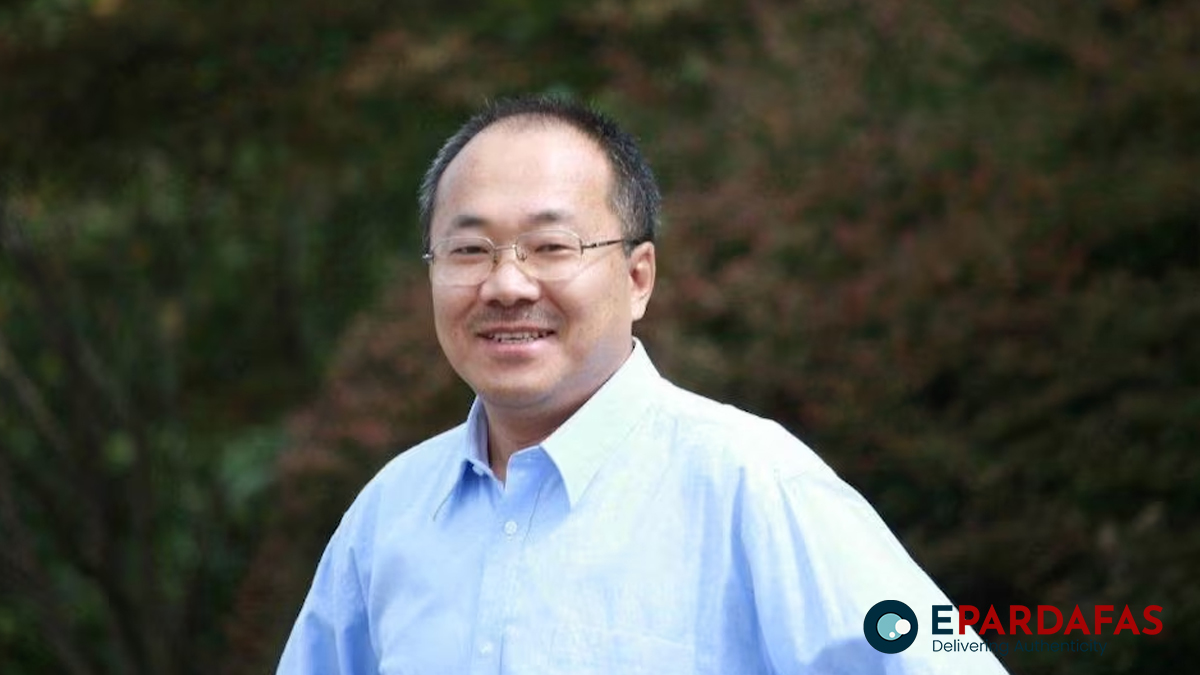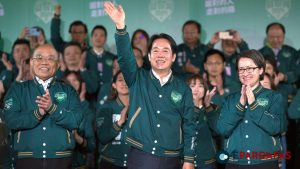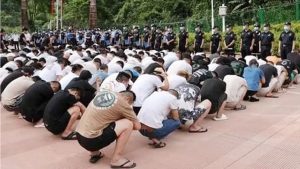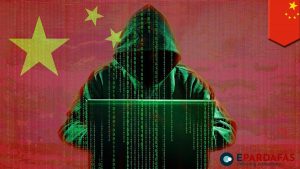
Chinese Journalist Dong Yuyu Sentenced to Seven Years for Espionage, Sparking Outrage

A Beijing court on Friday sentenced veteran Chinese journalist Dong Yuyu, 62, to seven years in prison on espionage charges, a verdict condemned by his family and international observers as a miscarriage of justice.
Dong, a former editor at the Guangming Daily, was detained in February 2022 while having lunch with a Japanese diplomat. His family, in a statement, criticized the decision, calling it a “grave injustice” and asserting that no credible evidence was presented during the trial. They warned that the judgment could discourage Chinese citizens from engaging with foreign entities, as the court characterized Japanese diplomats as part of an “espionage organization.”
The sentencing has drawn international criticism. The U.S. condemned the ruling as “unjust” and called for Dong’s immediate and unconditional release. The Committee to Protect Journalists (CPJ) also urged Chinese authorities to overturn the decision and uphold press freedoms.
Dong had been held in a Beijing prison since a closed trial in July 2023. Foreign journalists and U.S. diplomats were barred from attending Friday’s sentencing, with heavy police presence around the court. Chinese foreign ministry spokesperson Mao Ning defended the process, claiming it adhered to legal norms.
A Nieman Fellow at Harvard University in 2007, Dong was known for advocating moderate reforms and legal improvements through his writings, often avoiding direct criticism of the Chinese government. His detention, initially kept private by his family, has sparked petitions from over 700 journalists and academics calling for his release.
The case echoes growing concerns over press freedoms and diplomatic relations in China. Earlier this year, Australian writer Yang Hengjun was handed a suspended death sentence on similar espionage charges, further spotlighting China’s crackdown on dissent.
Dong’s sentencing is viewed by rights groups as a chilling message to journalists and academics who engage with foreign contacts, casting a shadow over China’s commitment to freedom of expression and international cooperation.












Comments